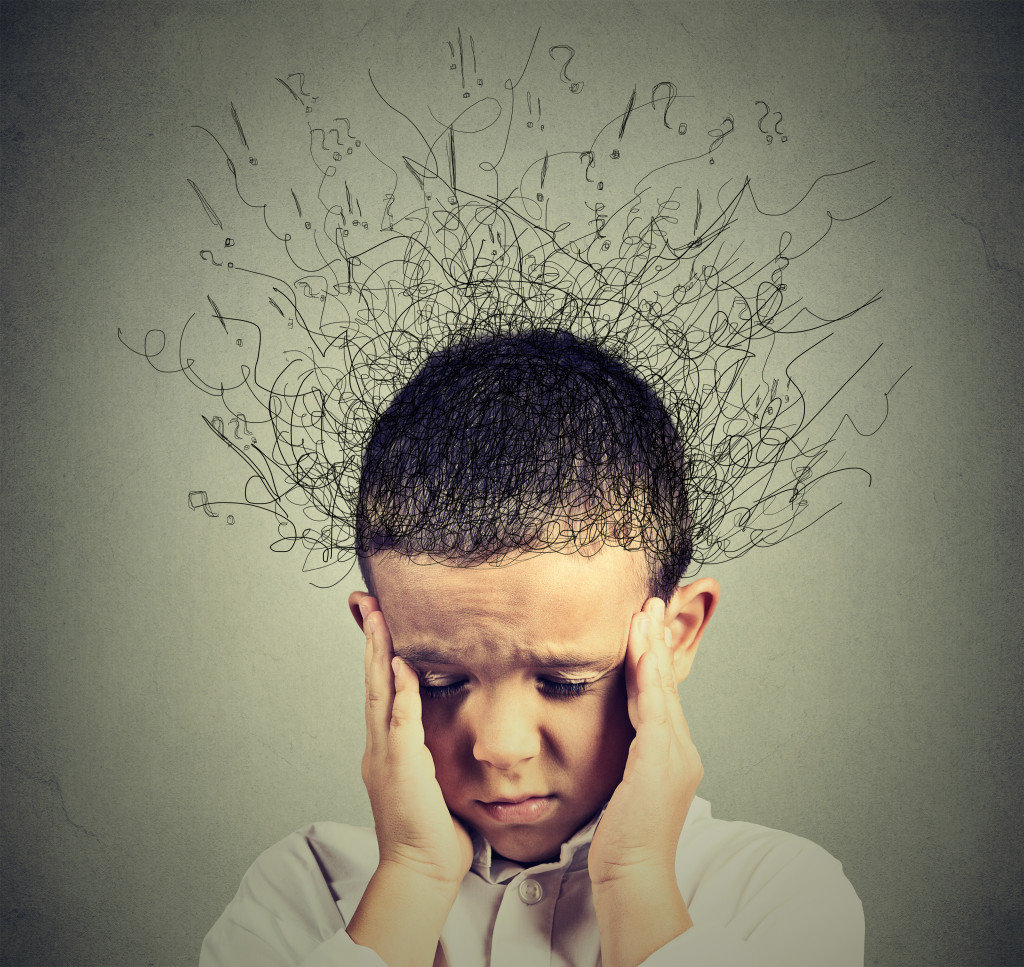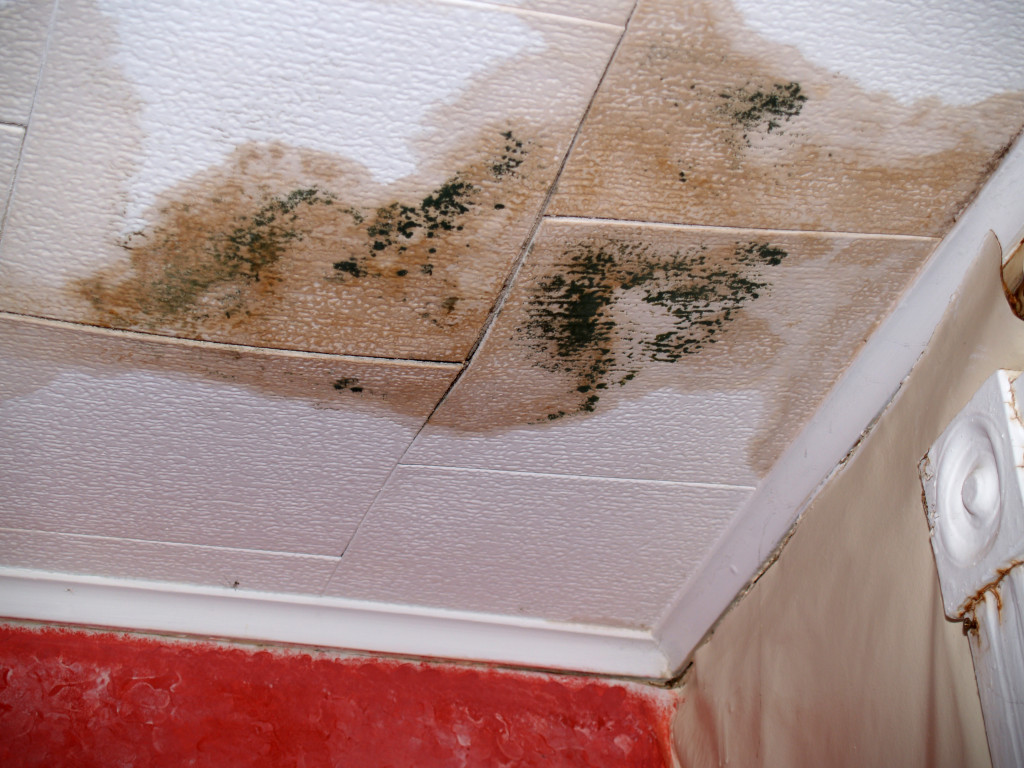It’s no secret that children can be a handful. They’re constantly growing and changing, which can be both exciting and challenging for parents and caregivers. But sometimes, a child’s behavior may go beyond the bounds of “normal” childhood antics. You’re not alone if you’re concerned that your child may be dealing with a mental health issue. According to the CDC, 1 in 5 children aged 3-17 has a diagnosable mental health disorder. Here are some of the most common mental health problems among children.
Attention Deficit Hyperactivity Disorder (ADHD)
ADHD is one of the most common mental health disorders among children. It’s characterized by a pattern of impulsivity and inattention that can interfere with a child’s ability to function at home, school, or social situations.
Symptoms of ADHD include difficulty paying attention, fidgeting or squirming, acting without thinking, interrupting others, and being easily distracted. It’s estimated that about 9% of children have this, and many live undiagnosed lives.
Anxiety Disorders
Anxiety disorders are the most common type of mental health disorder among children. An estimated 6.8 million American kids suffer from some form of anxiety, making it nearly one-third of all mental health disorders in kids.
Anxiety disorders can manifest as different types of fear, such as fear of separation from parents or guardians (separation anxiety), fear of social situations (social anxiety), or fear of objects or places (phobias). Children with anxiety may also experience physical symptoms such as a rapid heart rate, sweating, or trembling.
Depression
Depression is another common mental health problem among children. It’s characterized by persistent sadness or irritability, loss of interest in activities that were once enjoyed, fatigue, changes in appetite or weight, difficulty concentrating, and thoughts of death or suicide. Depression can be caused by genetic, biological, psychological, and social factors.

Oppositional Defiant Disorder (ODD)
ODD is a conduct disorder affecting approximately 1-16% of school-aged children. It’s characterized by disobedient and hostile behavior towards authority figures such as parents or teachers. Children with ODD may also exhibit angry outbursts, vindictiveness, deliberately annoying others, and blame others for their mistakes or misbehavior. While it’s normal for children to test boundaries from time to time, if this behavior is persistent and severe enough to cause impairment in functioning, it’s vital to seek professional help.
If you’re concerned that your child may be dealing with a mental health issue, don’t hesitate to reach out to a professional for help. Early intervention is key when it comes to treating mental health disorders in children—the sooner your child gets treatment, the better their chances for a successful outcome. Here are some ways these disorders can be treated.
Early Diagnosis
The first step in diagnosing a mental disorder is for you to identify some abnormal behaviors in your child. As a parent, you know your child best and are often the first to notice changes in behavior. If you think your child may be showing signs of a mental health issue, it’s essential to get them diagnosed. First, bring them to your local pediatric center. They can identify whether it’s a physical issue. It can be due to an accident or injury, which physical therapy can help. If not, they can recommend various treatment options for your child.
Treatment Options
Various treatments are known to deal with mental disorders among children. Here are four of the most common:
Talk Therapy
Children who can’t express their feelings verbally may benefit from talk therapy. This therapy allows children to better understand and cope with their emotions.
Medication
One standard treatment for mental health disorders in kids is medication. Many different types of medications can be prescribed, depending on what symptoms your child is experiencing. You’ll need a doctor’s prescription, as only certain medications can work on a child.
Therapeutic Activities
Therapeutic activities such as art, music, or play therapy can also be effective in helping children manage their emotions and deal with anxiety or depression. This type of therapy allows children to express themselves creatively and explore new hobbies they may enjoy.
Family Therapy
Finally, family therapy can also be a great way to help both you and your child learn how to handle mental health issues effectively. Family therapists will work with you to create coping strategies for your child’s specific needs, helping you better support and understand your child as they go through treatment.
If your child is dealing with a mental health issue, seeking help and getting the treatment they need is essential. Whether this involves therapy or medication, many different options are available to help manage symptoms and improve the quality of life for children with mental health disorders. In addition, once the disorder has been identified and treated, your child has a better chance of leading a healthy, happy life.




